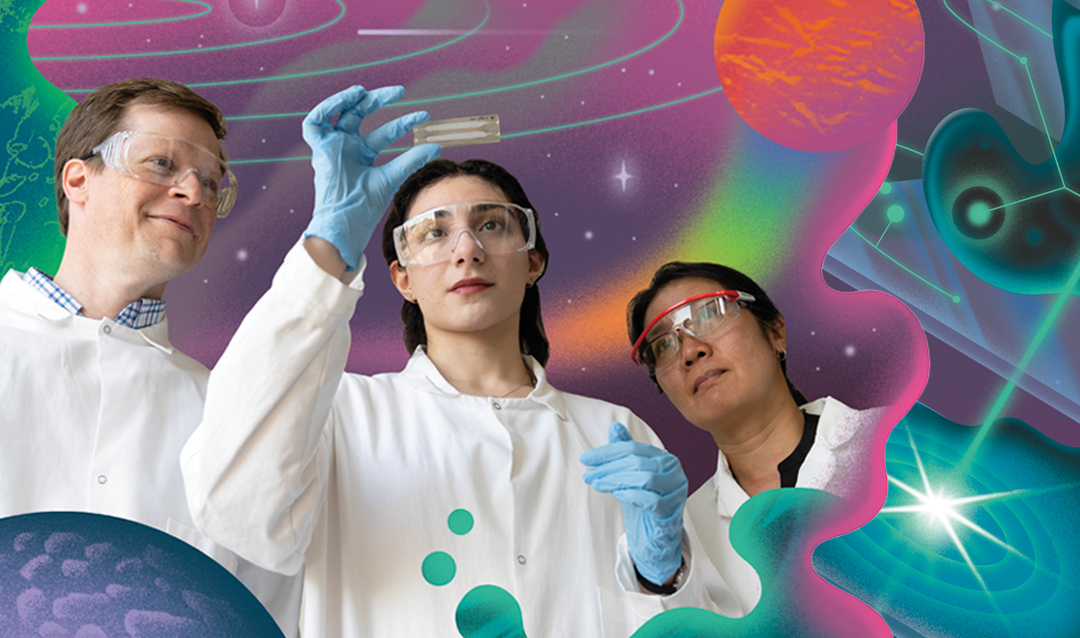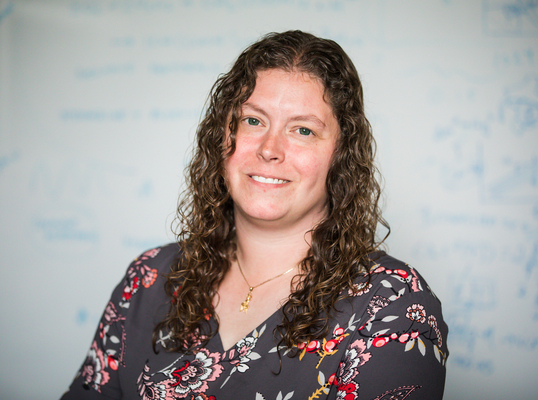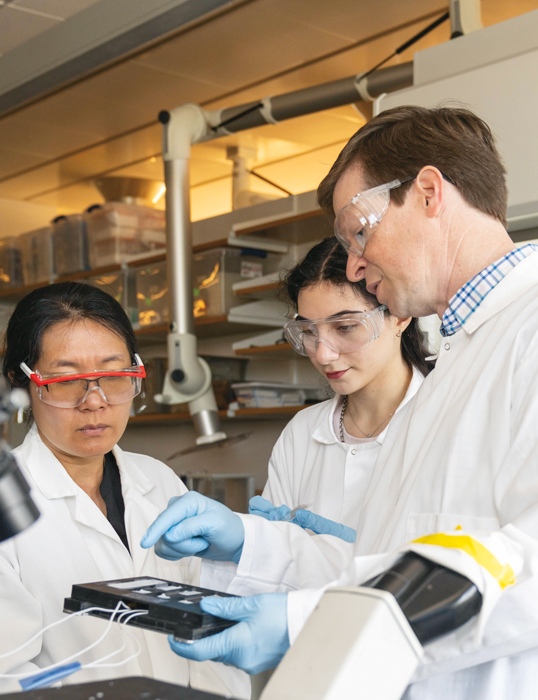Gravity is the force that keeps us tethered comfortably to the earth. It influences multiple physical, biological and chemical phenomena, helping to keep our bodies and our planet in working order. But the effects of gravity can sometimes hinder scientific discovery.
That’s the case for James Gilchrist, the Ruth H. and Sam Madrid Professor of Chemical and Biomolecular Engineering. His solution? Send his experiments into space—specifically, to the International Space Station, where there is no gravitational pull.
Gilchrist, along with Kelly Schultz, associate professor of chemical and biological engineering, and Xuanhong Cheng, professor of bioengineering and materials science and engineering, received a $400,000, four-year grant in 2021 from the National Science Foundation (NSF) and the Center for the Advancement of Science in Space (CASIS), which is the manager of the International Space Station orbiting laboratory.
The grant is to study “Thermophoresis in Non-Newtonian Fluids for Bioseparations.” Thermophoresis is a natural phenomenon in which a temperature gradient causes particles to migrate. It is used to separate molecules within a sample and could provide a way to detect the presence of disease in bodily fluids.
But the problem is that temperature gradients cause a change in fluid density, and gravity takes over, causing the fluid to stir. The experiment detects the fluid flow, not the movement solely due to thermophoresis. Gravity, then, limits the detail of the data that can be extracted.
Sending the experiment into space will leverage microgravity conditions to advance fundamental understanding of the movement of particles through liquids and gels, says Gilchrist. The understanding will help advance science in practical ways—such as helping to detect viral load.







